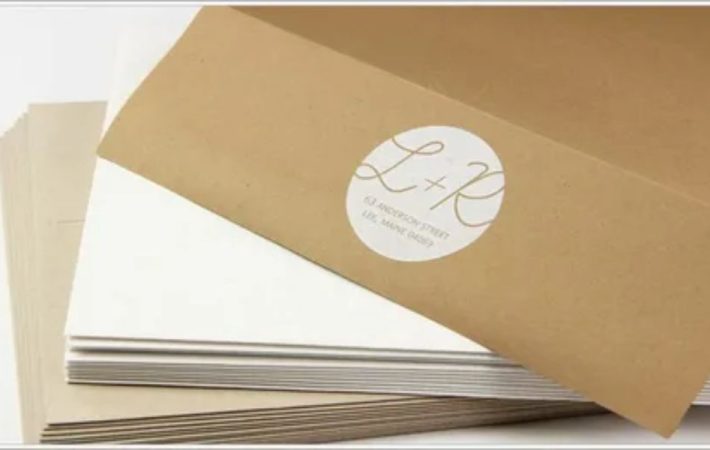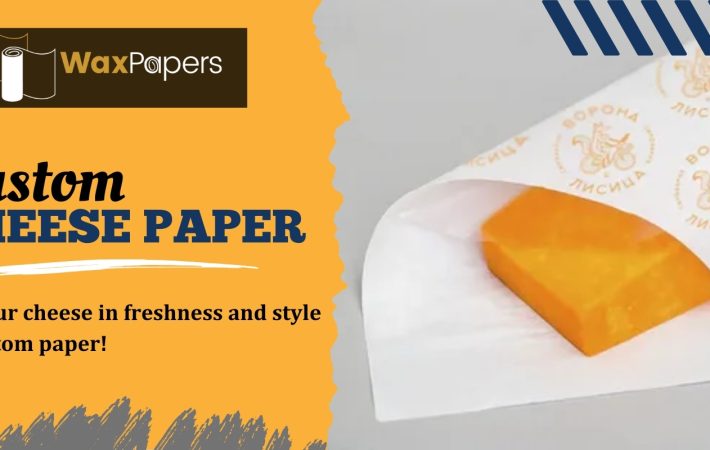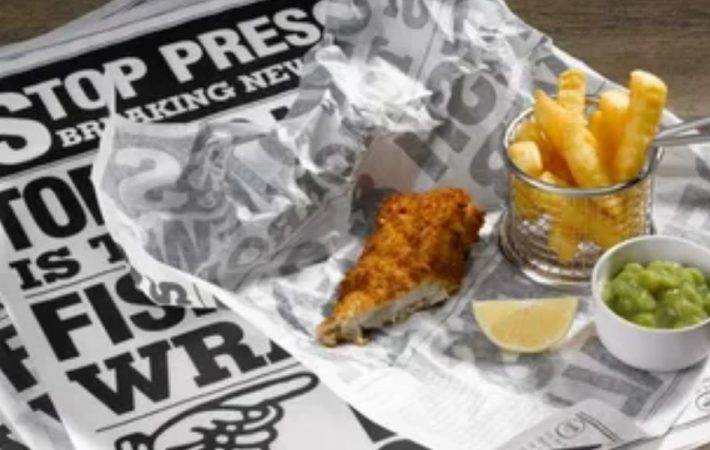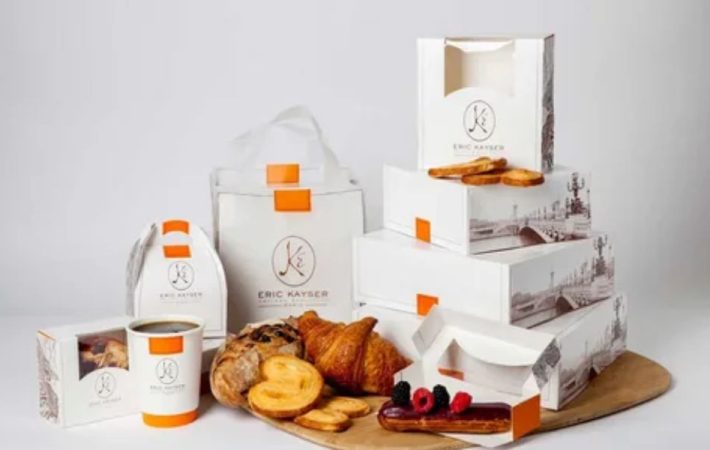When it comes to home maintenance, moisture damage is one of the most persistent and costly issues homeowners face. From leaks to spills, excess humidity to flooding, moisture can wreak havoc on floors, leading to warping, mold growth, and costly repairs. Fortunately, vinyl floor installs offer an effective solution that can protect your home from the destructive effects of moisture. This versatile flooring material is not only durable and stylish but also highly resistant to water, making it an ideal choice for areas prone to moisture, such as bathrooms, kitchens, and basements.
In this article, we’ll explore how vinyl floors can provide superior protection against moisture damage, the different types of vinyl flooring available, and why they are a smart investment for homeowners looking to safeguard their homes.
Why Moisture Protection Matters
Before diving into how vinyl floor installs can protect your home, let’s first understand why moisture control is so critical. Moisture is one of the leading causes of floor damage, particularly in high-humidity environments or areas with frequent spills. Here are some common consequences of unchecked moisture:
- Warping and Swelling: Wood floors and laminate can easily absorb water, causing them to expand, warp, or buckle.
- Mold and Mildew: Excess moisture creates the perfect environment for mold and mildew to thrive, leading to health issues and unpleasant odors.
- Staining and Discoloration: Prolonged exposure to water can stain certain types of flooring, affecting their appearance and durability.
- Structural Damage: In extreme cases, excess moisture can even weaken the structural integrity of the subflooring beneath.
Vinyl flooring offers a practical solution to these issues, especially in moisture-prone areas.
1. Waterproof Qualities of Vinyl Flooring
One of the standout benefits of vinyl floor installs is their waterproof nature. Unlike wood or laminate, which can absorb moisture and swell, vinyl floors are impervious to water. This makes them an excellent choice for areas like kitchens, bathrooms, laundry rooms, and basements, where spills and high humidity are common.
Vinyl flooring is designed to resist water penetration, creating a barrier that prevents moisture from reaching the subfloor or underlying structure. This protection helps prevent the growth of mold and mildew, which thrive in damp environments. Whether you’re dealing with a small spill or a significant water issue, vinyl flooring will keep your home safe from water damage.
2. Durability and Long-Lasting Protection
In addition to being waterproof, vinyl floors are incredibly durable. They are made to withstand heavy foot traffic, abrasions, and impacts, making them ideal for high-use areas like entryways and kitchens. Since moisture exposure can weaken other types of flooring over time, vinyl flooring’s resistance to water means it won’t degrade or lose its structural integrity.
Most modern vinyl floors come with a strong wear layer that offers scratch, stain, and scuff resistance, ensuring your floors stay looking new for years. This makes vinyl floor installs not only a smart choice for moisture protection but also a low-maintenance option that saves you money in the long run.
3. Variety of Vinyl Flooring Options
There are several types of vinyl flooring, each with unique benefits suited to different needs:
- Vinyl Plank Flooring: Mimicking the look of hardwood, vinyl planks offer a realistic appearance while providing superior water resistance. They’re perfect for homes where you want the beauty of wood without the worry of moisture damage.
- Vinyl Sheet Flooring: Ideal for areas where seamless coverage is essential, vinyl sheets come in large, continuous rolls, reducing the risk of water seeping through seams. This makes them a great option for bathrooms and kitchens.
- Luxury Vinyl Tile (LVT): LVT combines the aesthetic appeal of tile with the durability of vinyl. It’s highly water-resistant, making it an excellent choice for high-humidity areas like bathrooms and basements, and it’s easy to maintain.
Each of these options provides the same level of protection against moisture damage, but the choice depends on your aesthetic preferences and specific space requirements.
4. Easy Installation and Maintenance
Another reason vinyl floor installs are gaining popularity is their ease of installation. Most vinyl flooring options come with user-friendly click-lock or glue-down installation systems, making them perfect for DIYers or professional installers. The process is typically faster than traditional hardwood or tile installations, which can require more time for setup and drying.
Once installed, vinyl floors are easy to clean and maintain. Unlike carpets or wooden floors, which need special care to prevent water damage, vinyl flooring requires only routine sweeping and mopping. For stubborn stains or spills, a damp cloth or mild cleaner is often all you need. This low-maintenance aspect of vinyl makes it a hassle-free choice for busy households.
5. Cost-Effective Solution
Protecting your home against moisture damage can be expensive, especially if you need to replace damaged flooring or deal with mold remediation. Vinyl floor installs offer an affordable alternative that provides superior protection without the hefty price tag. Vinyl flooring is less expensive than hardwood, tile, or stone, and it offers long-term durability that helps prevent costly repairs down the road.
By choosing vinyl, you can safeguard your home from moisture-related damage at a fraction of the cost of other flooring options, all while enhancing your home’s look and value.
Conclusion: A Smart Investment for Your Home
When it comes to protecting your home from moisture damage, vinyl floor installs offer an unbeatable combination of durability, water resistance, and affordability. Whether you’re renovating a bathroom, updating a kitchen, or finishing a basement, vinyl flooring ensures your floors stay safe from the damaging effects of water, humidity, and spills. With a wide range of styles to choose from, you can enjoy the beauty of your home while knowing you’re investing in long-lasting protection.
If you’re ready to protect your home from moisture damage while enhancing its style, consider vinyl floor installations for your next project. Contact a professional installer today to discuss your options and get started on transforming your space with the right flooring choice.






Leave a comment
Your email address will not be published. Required fields are marked *